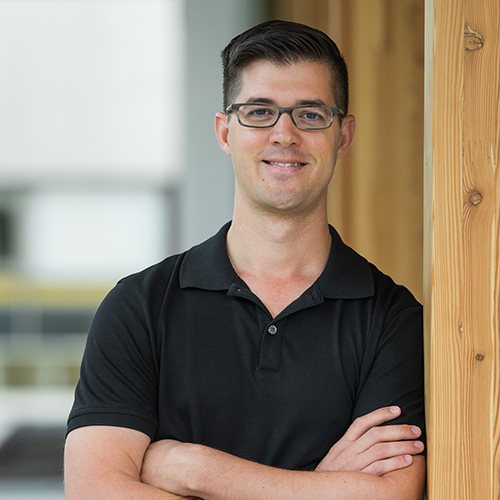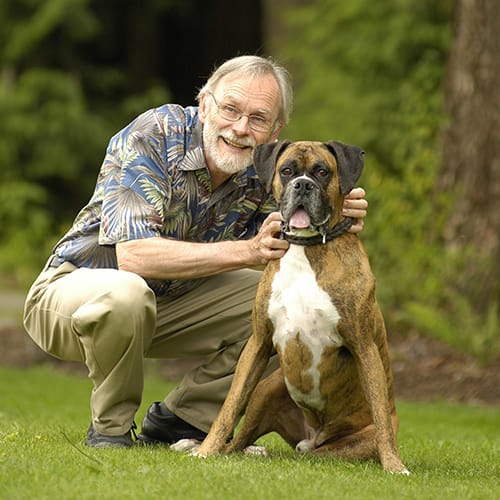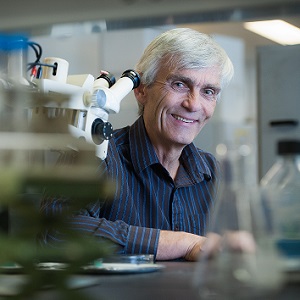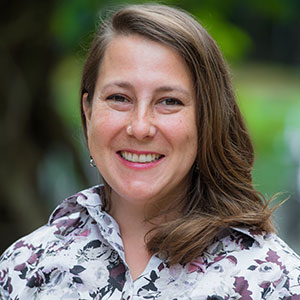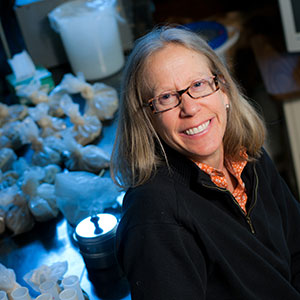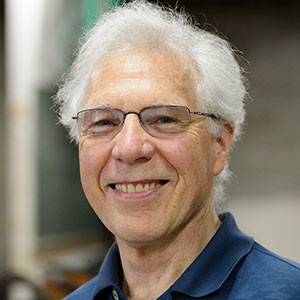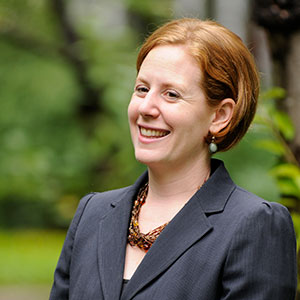Fraser, D. and Weary, D.M. 2021. Applied animal behavior and animal welfare. Pages 251-280 in J.J. Bolhuis, L.-A. Giraldeau and J.A. Hogan (editors), The Behavior of Animals: Mechanisms, Function and Evolution, Second edition. Wiley-Blackwell, Oxford.
Molnár, M. and Fraser, D. 2020. Protecting farm animal welfare during intensification: farmer perceptions of economic and regulatory pressures. Animal Welfare, 29: 133-141.
Fraser, D. 2018. Why we need a new ethic for animals. Journal of Applied Animal Ethics Research 1: 6-20.
Fraser, D., Koralesky, K.E. and Urton, G. 2018. Toward a harmonized approach to animal welfare law in Canada. Canadian Veterinary Journal 59: 293-302.
Dubois, S., Fenwick, N., Ryan, E., Baker, L., … and Fraser, D. 2017. International consensus principles for ethical wildlife control. Conservation Biology 31: 753–760.
Fraser, D. and Nicol, C.J. 2017. Preference and motivation research. Pages 213-231 in M.C. Appleby, I.A.S. Olsson and F. Galindo (editors), Animal Welfare, Third Edition. CABI, Wallingford UK.
Fraser, D. 2014. Could animal production become a profession? Livestock Science 169: 155–162.
Fraser, D., Duncan, I.J.H., Edwards, S.A., et al. 2013. General principles for the welfare of animals in production systems: The underlying science and its application in practice and standards. The Veterinary Journal 198: 19-27.
Fraser, D. 2012. A “practical” ethic for animals. Journal of Agricultural and Environmental Ethics 25: 721-746.
Fraser, D. 2012. Animal ethics and food production in the 21st century. Pages 190-213 in D. Kaplan (editor) Philosophy of Food. University of California Press, Berkeley.
Fraser, D. 2010. Toward a synthesis of conservation and animal welfare science. Animal Welfare 19: 121-124.
Fraser, D. (editor). 2010. Conservation and animal welfare science. Special issue of Animal Welfare 19: 121-192.
Fraser, D. 2009. Animal behaviour, animal welfare and the scientific study of affect. Applied Animal Behaviour Science 118: 108-117.
Fraser, D. 2009. Assessing animal welfare: different philosophies, different scientific approaches. Zoo Biology 28: 1-12.
Fraser, D. 2008. Understanding Animal Welfare: The Science in its Cultural Context. 324 pages. Wiley-Blackwell, Oxford.
Fraser, D. 2008. Toward a global perspective on farm animal welfare. Applied Animal Behaviour Science 113: 330–339.
Weary, D.M., Niel, L., Flower, F.C. and Fraser, D. 2006. Identifying and preventing pain in animals. Applied Animal Behaviour Science 100: 64-76.
Fraser, D. 2006. Caring for farm animals: pastoralist ideals in an industrialized world. Pages 547-555 in P. Waldau and K. Patton (editors), A Communion of Subjects: Animals in Religion, Science and Ethics. Columbia University Press, New York.
Fraser D. and Preece, R. 2004. Animal ethics and the scientific study of animals: Bridging the “is” and the “ought". Essays in Philosophy 5 (2): http://sorrel.humboldt.edu/~essays/fraser.html
Fraser, D. 2003. Assessing animal welfare at the farm and group level: the interplay of science and values. Animal Welfare 12: 433-443.
Preece, R. and Fraser, D. (editors), 2002. Dix Harwood's "Love for animals and how it developed in Great Britain", 1928. Edwin Mellen Press, Lampeter.
Fraser, D. 2001. The “New Perception” of animal agriculture: legless cows, featherless chickens, and a need for genuine analysis. Journal of Animal Science 79: 634-641.
Preece, R. and Fraser, D. 2000. The status of animals in Biblical and Christian thought: a study in colliding values. Society and Animals 8: 245-263.
Schuppli, C.A. and Fraser, D. 2000. A framework for assessing the suitability of different species as companion animals. Animal Welfare 9: 359-372.
Fraser, D. 1999. Animal ethics and animal welfare science: bridging the two cultures. Applied Animal Behaviour Science 65: 171-189.
Fraser, D., Duncan, I.J.H., 1998. ‘Pleasures’, ‘pains’ and animal welfare: toward a natural history of affect. Animal Welfare 7: 383–396.
Fraser, D., D.M. Weary, E.A. Pajor and B.N. Milligan. 1997. A scientific conception of animal welfare that reflects ethical concerns. Animal Welfare 6: 187-205.
Fraser, D. 1995. Science, values and animal welfare: Exploring the "inextricable connection". Animal Welfare 4: 103-117.
Fraser, D., Kramer, D.L., Pajor, E.A. and Weary, D.M. 1995. Conflict and cooperation: sociobiological principles and the behaviour of pigs. Applied Animal Behaviour Science 44: 139-157.
Fraser, D., Friendship, R.M. and Martineau, G.-P. 1994. Aristotle on pigs: husbandry, health and natural history of pigs in ancient Greece. Pig News and Information 15: 77N-80N.
Fraser, D. and Thompson, B.K. 1991. Armed sibling rivalry by domestic piglets. Behavioral Ecology and Sociobiology 29: 9-15.
Fraser, D. 1987. Mineral deficient diets and the pig's attraction to blood: Implications for tail biting. Canadian Journal of Animal Science 67: 909 918.
Fraser, D. 1985. Selection of bedded and unbedded areas by pigs in relation to environmental temperature and behaviour. Applied Animal Behaviour Science 14: 117 126.
Fraser, D. 1984. The role of behavior in swine production: A review of research. Applied Animal Ethology 11: 317 339.
Fraser, D. 1984. A simple relationship between removal rate and age sex composition of removals for certain animal populations. Journal of Applied Ecology 21: 97 101.
Fraser, D., Chavez, E.R. and Paloheimo, J.E. 1984. Aquatic feeding by moose: Selection of plant species and feeding areas in relation to plant chemical composition and characteristics of lakes. Canadian Journal of Zoology 62: 80 87.
Fraser, D. and Thomas, E.R. 1982. Moose vehicle accidents in Ontario: Relation to highway salt. Wildlife Society Bulletin 10: 261 265.
Fraser, D. and Reardon, E. 1980. Attraction of wild ungulates to mineral rich springs in central Canada. Holarctic Ecology 3: 36 40.
Fraser, D. 1980. A review of the behavioural mechanism of milk ejection of the domestic pig. Applied Animal Ethology 6: 247 255.
Fraser, D., Ritchie, J.S.D. and Fraser, A.F. 1975. The term "stress" in a veterinary context. British Veterinary Journal 131: 653 662.
Fraser, D. 1975. The effect of straw on the behaviour of sows in tether stalls. Animal Production 21: 59 68.
